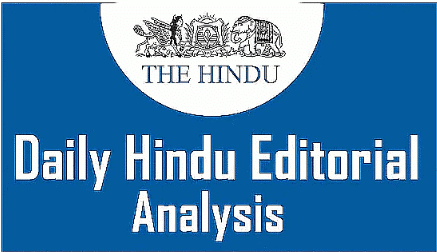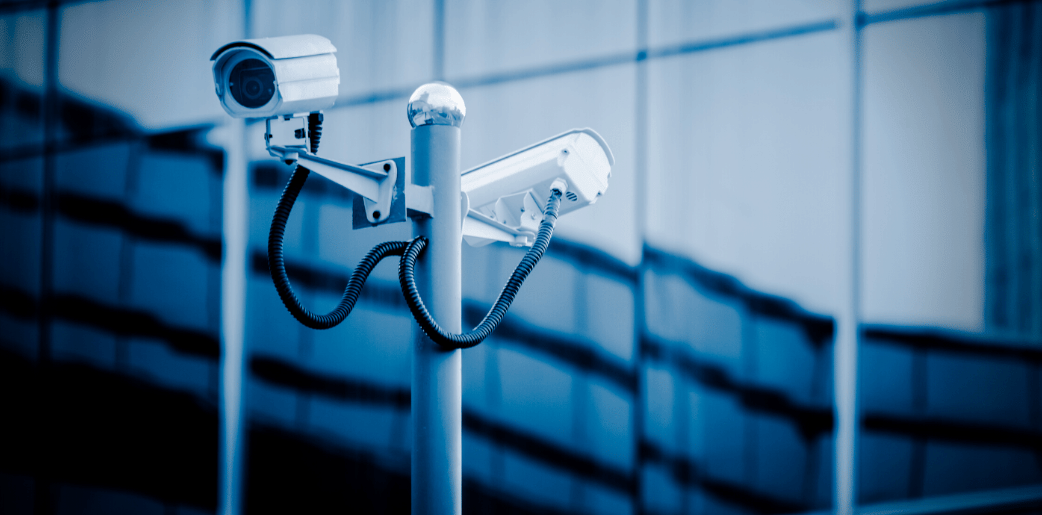UPSC Exam > UPSC Notes > Current Affairs & Hindu Analysis: Daily, Weekly & Monthly > The Hindu Editorial Analysis- 18th November 2024
The Hindu Editorial Analysis- 18th November 2024 | Current Affairs & Hindu Analysis: Daily, Weekly & Monthly - UPSC PDF Download

The Legal Gaps in India’s Unregulated AI Surveillance
Why in News?
India is expanding its AI-powered surveillance systems, which include facial recognition technology and AI satellites, leading to serious concerns about privacy and constitutional rights.
- The Digital Personal Data Protection Act (DPDPA) 2023 addresses some of these concerns. However, it allows the government to have broad exemptions, which creates an unfair regulatory situation.
- When compared to the European Union, it is clear that India lacks strong protections for civil liberties and individual rights.
India’s Growing AI-Powered Surveillance Infrastructure
- In 2019, India declared its goal to build the largest facial recognition system in the world for policing.
- Over the last five years, AI-based surveillance systems have been set up at railway stations.
- The Delhi Police is using AI technology to help with crime patrols.
- India plans to launch 50 AI-powered satellites, which will further enhance its surveillance capabilities.
Legal and Constitutional Concerns in AI Surveillance
- AI-driven surveillance brings up concerns about the possibility of overreach and violations of people's rights.
- There are global examples, like the U.S. Section 702 of the Foreign Intelligence Surveillance Act (FISA), which show the dangers of dragnet surveillance where data is collected without specific targets.
- This type of surveillance can lead to the gathering of personal information on individuals without their knowledge or consent.
- The risks involved highlight the tension between national security and individual privacy, raising questions about how much freedom citizens are willing to give up for safety.
- It is essential to consider how these practices can affect society and the trust people have in their governments.
Privacy Concerns and Data Breaches
- The data breach involving the Telangana Police showed that social welfare databases, such as “Samagra Vedika”, were misused by law enforcement officials.
- This event brought attention to the issues of transparency and the lack of protection in the way data is collected and handled.
Lack of Proportional Safeguards
- Privacy is recognized as a basic right under Article 21 in the K.S. Puttaswamy vs Union of India (2017) ruling.
- However, this right is being compromised by India’s current surveillance practices.
- The existing surveillance systems do not have enough proportional safeguards, which leads to difficulties concerning informational privacy.
- The Digital Personal Data Protection Act (DPDPA) 2023 was introduced to tackle privacy issues.
- Despite its introduction, the DPDPA has several significant flaws that need to be addressed.
Issues with the Digital Personal Data Protection Act (DPDPA) 2023
- The DPDPA allows the government to process data without needing consent in many cases:
- Under Section 7(g), consent is not required for medical treatment during epidemics.
- Section 7(i) exempts data processing by the government for job-related reasons.
- Citizens must follow rules in Section 15(c) to keep their data accurate, or they could face penalties for even small mistakes.
- This system tends to give more power to government surveillance than to individual rights.
Contrasting Approaches in the West
- The European Union's Artificial Intelligence Act classifies AI activities based on their level of risk.
- It prohibits high-risk activities, such as real-time biometric identification, in most situations.
- In contrast, India uses AI technologies for facial recognition and surveillance without any government discussion or proper risk evaluations.
- Promises to manage AI through the Digital India Act have not been fulfilled, resulting in a regulatory gap.
Constitutional Questions and Civil Liberties
- India's surveillance practices raise concerns about fundamental rights, such as the right to privacy and the principle of proportionality.
- AI surveillance needs strong laws to make sure it is done correctly and fairly.
- These laws should confirm that surveillance is legitimate, necessary, and proportional to the situation.
Recommendations for a Balanced Approach
- A strong regulatory framework is essential to ensure that the integration of AI respects citizens' rights.
- Data collection practices should be transparent, with clear information on the purpose and duration of data use.
- There should be limited exemptions that come with independent judicial checks.
- A risk-based regulatory approach, similar to the model used by the EU, should be adopted to categorize AI activities based on their risk levels.
- Implementing clear consent mechanisms, along with judicial oversight and regular transparency reports, can help protect privacy.
- Privacy protections need to be included in the design of policies from the start to prevent expensive changes later on.
Need for Proactive Regulation
- The DPDPA takes care of some issues but is still not complete because it lacks the necessary rules.
- It is important to control high-risk AI activities with strict monitoring of how data is processed and shared.
- A proactive approach is essential to ensure that AI technology benefits the public while protecting civil liberties.
PYQ:
Introduce the concept of Artificial Intelligence (AI). How does AI help clinical diagnosis? Do you perceive any threat to privacy of the individual in the use of Al in healthcare? (150 words/10m) (UPSC CSE (M) GS-3 2023)
The document The Hindu Editorial Analysis- 18th November 2024 | Current Affairs & Hindu Analysis: Daily, Weekly & Monthly - UPSC is a part of the UPSC Course Current Affairs & Hindu Analysis: Daily, Weekly & Monthly.
All you need of UPSC at this link: UPSC
|
38 videos|5293 docs|1118 tests
|
Related Searches
















